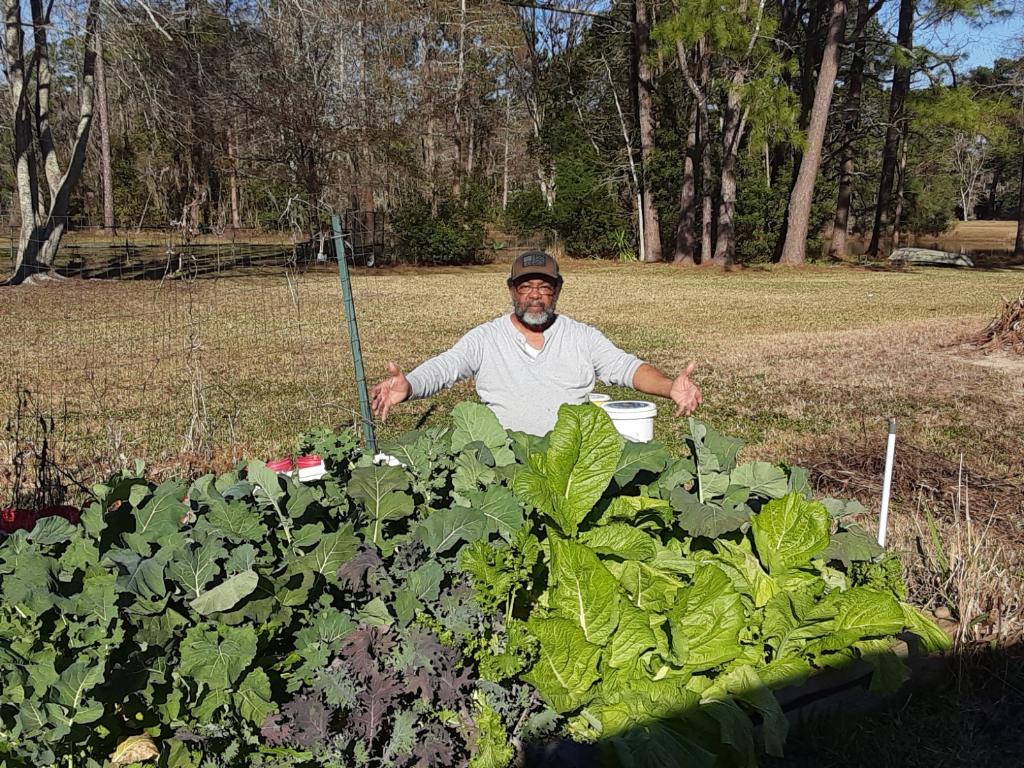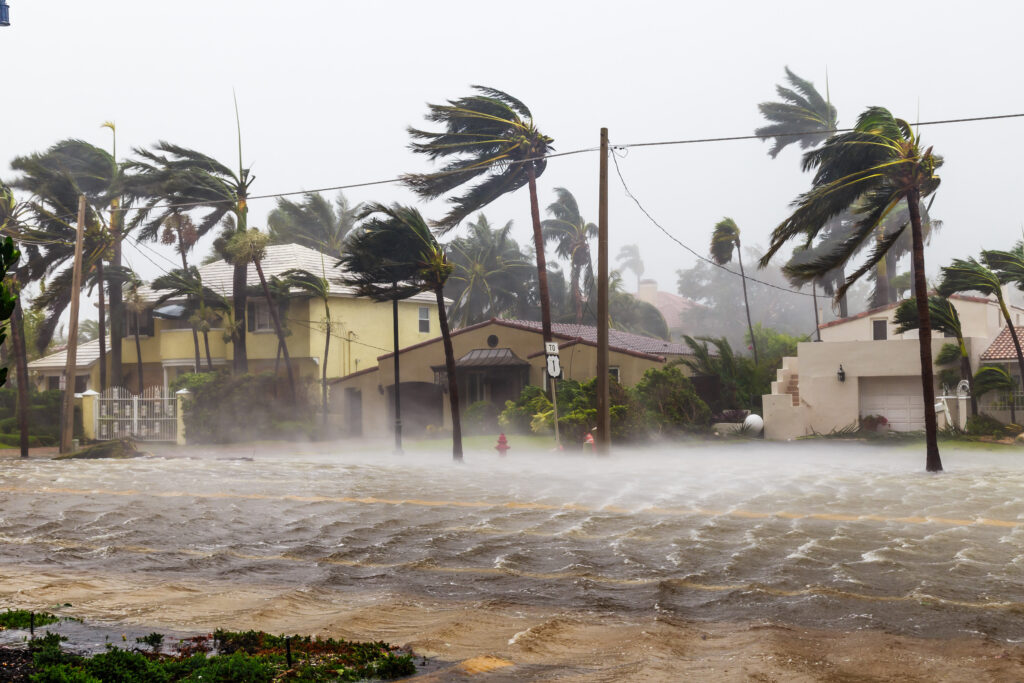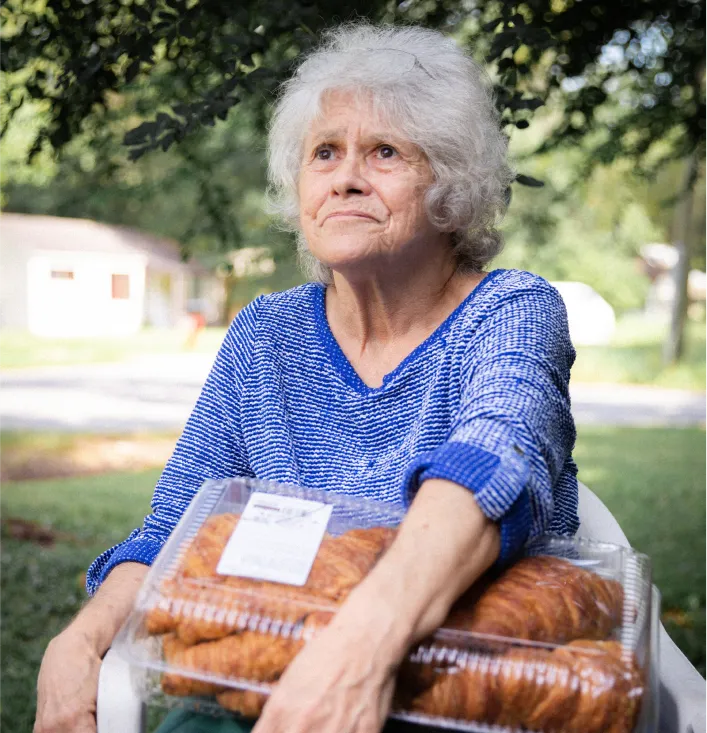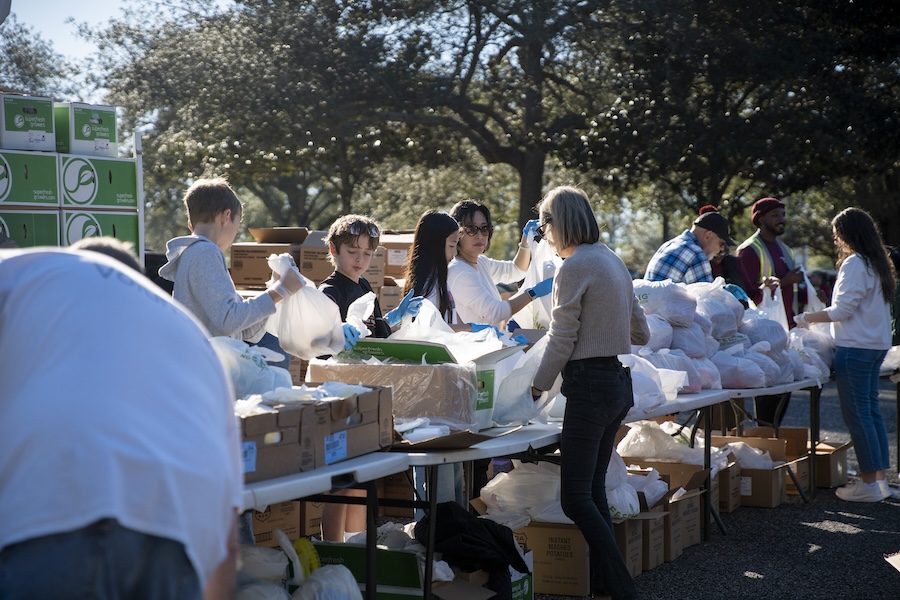Bridging the Gap
What is Bridging the Gap?
Our mission is to mobilize volunteers and entities-government, faith, health, business, and the community at large to partner with us in filling the gaps that exist in the delivery of fundamental social services to the elderly and disabled citizens.
Can you tell us about Bridging the Gap’s mission?
The Elderly Care Program operates primarily from referrals. Therefore, the process for the elderly begins when a referral agency refers the elderly to our agency, and likewise, this is where the services end for referring agency. For example, the food bank will refer an elderly senior to Bridge The Gap when he/she requires home delivery. Bridge The Gap ends the service when the delivery is made or when Meals-On-Wheels accepts an elderly senior. Agencies that refer the elderly include 211, Jacksonville Transportation Authority, Second Harvest Food Bank, City Rescue Mission, Adult Community Centers, Mayor Disable Division, Children and Families, Northeast Florida Community Action Agency, River Agency, River Region, I.M. Sulzbacher Center, Hospitals and Faith-based Organizations.
Tell us about your time in the Military and your time in Washington, D.C.
My time in Washington was as a college student at Howard University, majoring in Psychology with a minor in Allied Sciences. In addition to having access and exposure to the many cultural and educational components of D.C. I worked for the Library of Congress part-time as a student. I later had the opportunity to serve as a U.S. Capital Policeman and did volunteer work for Congressman Charles E. Bennett. After graduation from Howard, I had a military obligation to fulfill, which began in February 1971 at Fort Benjamin Harrison (Indianapolis), Indiana. After completion of my Adjutant Generals Officer Basic course, I returned to the Washington, D.C. area with an assignment to Fort Meade, Maryland as an administrative officer at the 1st Recruiting District(Army). After completion of my “tour” at Fort Meade, I was transferred to Soule, South Korea, Yongsan Garrison, where I served as the Custodian of Postal Effects (COPE) and later as commander of the 19th APU (Army Postal Unit), in effect, “The Postmaster.” My next assignment sent me to Ft. Jackson (Columbia), South Carolina. At Fort Jackson, I served as an assignment officer for newly assigned military personnel.
After returning to Jacksonville, what inspired your current course?
During my time away from Jacksonville as a student and during my military assignments, I returned to Jacksonville on numerous occasions I began to notice the availability of opportunities that did not exist when I initially left for college. Many of my High School classmates that left Jacksonville for college, military duty, or opportunities elsewhere did not return because of the lack of potential upward mobility in Jacksonville. In my opinion, this contributed to a “Brain Drain” with no return. Not only did my classmates not return, but those before me and after me (didn’t), in addition to graduates of other high schools in the city. Beside my rambling above, the answer to your question is ” to help make a difference.”
When I think back, as you have caused me to do, one of the things I was good at was helping somebody that needed some assistance. I think my first volunteer activity was my door-to-door solicitations for donations (dimes) for “The March of Dimes” while in Elementary school. I remember helping my classmates that needed help in the woodwork shop, being a jr. counselor at the Methodist community center, and assisting at Vacation Bible School at church.
Upon returning to Jacksonville, the inclination to help make a difference was continued by serving on boards of small “not for profit” organizations, assisting with fundraisers, and doing hands-on volunteering work to include “The Food Bank,” BSA, and others.
How has your love of farming affected how you look at your job?
My love for the outdoors and nature inspired my inclination to farming. My satisfaction and elation at being successful at germinating seeds and growing them to mature plants have created my desire to grow more therefore, that part is not “a job” it is all the support and ancillary stuff that makes it a job. As a child growing up, I remember having the desire to live on a farm, why I do not know, because there were no farms or freedman farmers in the family. I think that the joy of being outside coupled with the subconscious influence of programs like Lassie, wild kingdom, Raw Hide, Disney, etc.
What is the potential of Bridging the Gap in helping food insecurity in our community?
In my opinion, Bridge the Gap has great potential and provides a value-added service to the community in working to lessen the impact of food insecurity. As I have observed, they have a great depth of experience with community needs, compassionate insight into the issue, and a partnership with donors and volunteers that is in line with the focus of the organization.
What motivated you to want to become a Master Gardener, officially?
Basically, my realization of how little I know and the fact that I want to know more in order to be of broader assistance to others. I feel that the Master Gardener program provides me the opportunity to be exposed to people that I can learn from in a structured program to help broaden my knowledge and experience base. (And) ultimately, “to help make a difference.”







